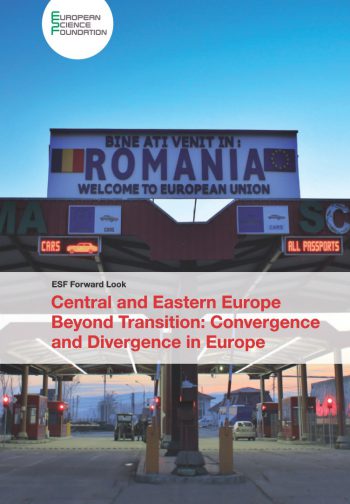Ein Interview zur aktuellen Lage in der Ukraine und zum Treffen der Trilateralen Kontaktgruppe, ARD Tagesschau 24, 3.8.2016
Geht es in der Ukraine voran? Reformen in Justiz, bessere Korruptionsbekämpfung, eine bessere Wirtschaftslage geben aus Sicht von Martin Brusis von der Ludwig-Maximilians-Universität München Grund zur Hoffnung. Sorge bereiten ihm unter anderem die Kämpfe im Osten des Landes.

Die Minsker Abkommen scheinen gescheitert, die Zivilbevölkerung im Osten der Ukraine ist in Gefahr, aber es gibt auch Hoffnungsschimmer für das Land – so schätzt zumindest Martin Brusis von der Ludwig-Maximilians-Universität München im Gespräch mit tagesschau24 die Situation in der Ukraine ein.
 Scholars of post-communist change in Central and Eastern Europe have continually faced an analytical challenge as to whether to stress convergence or divergence when interpreting social, economic and political transformation in the region.
Scholars of post-communist change in Central and Eastern Europe have continually faced an analytical challenge as to whether to stress convergence or divergence when interpreting social, economic and political transformation in the region.